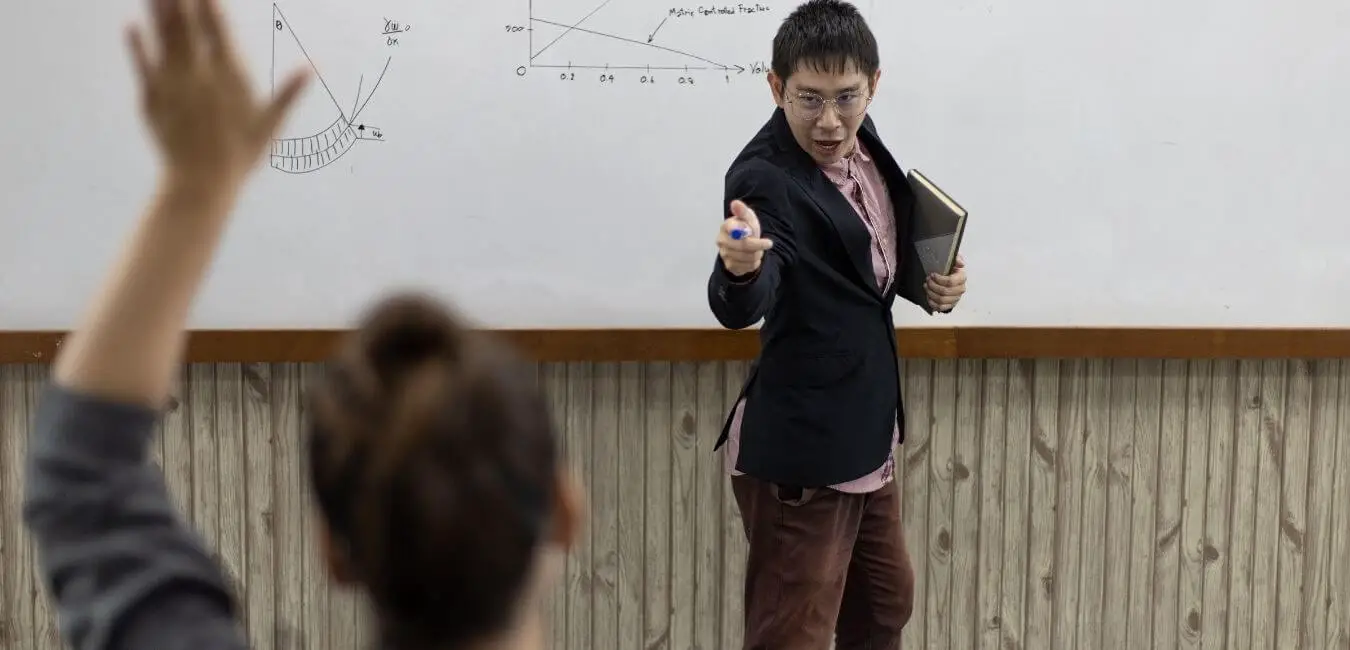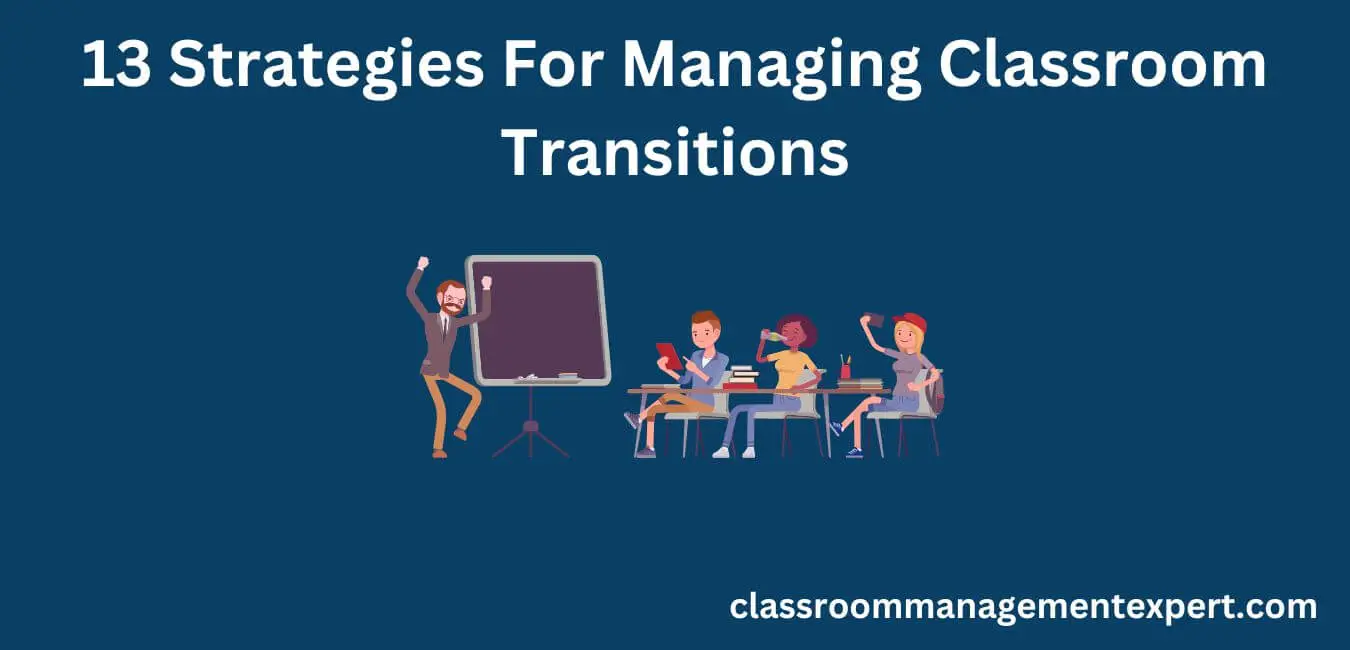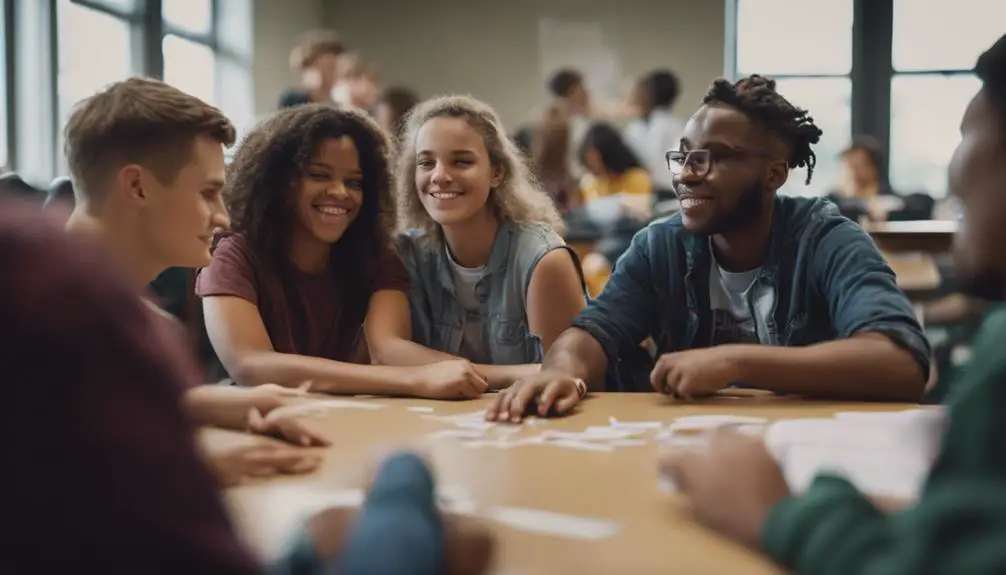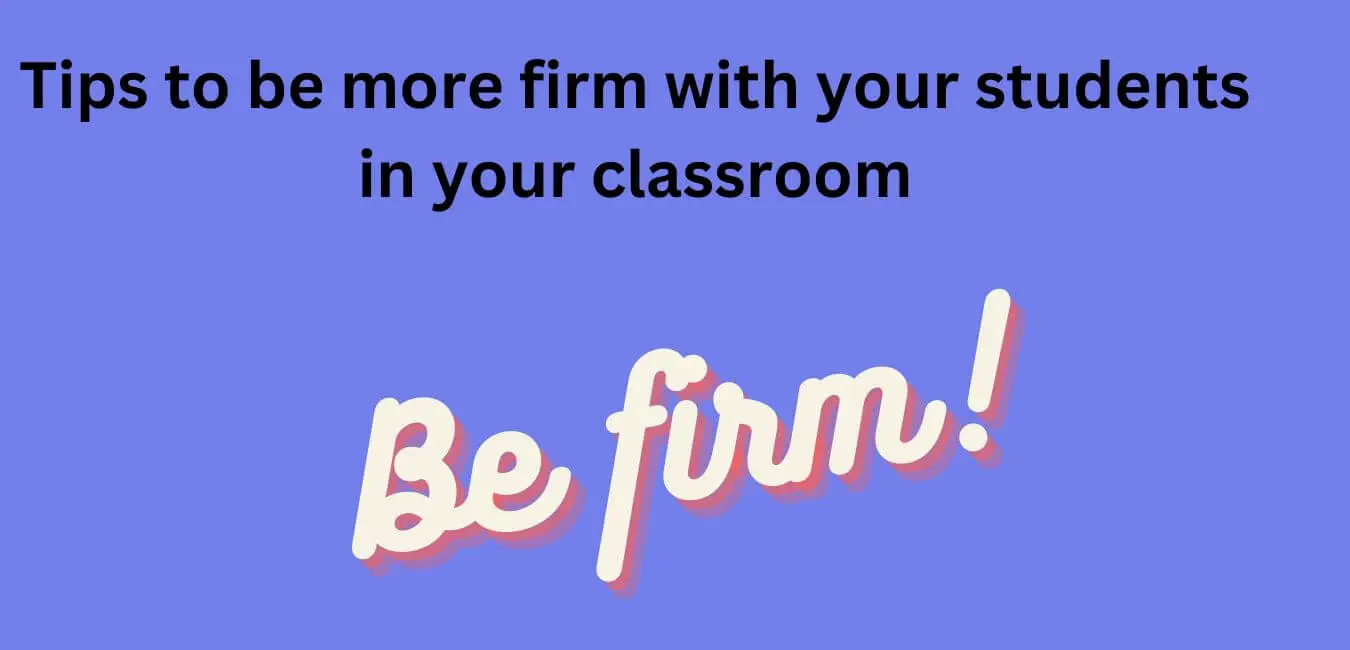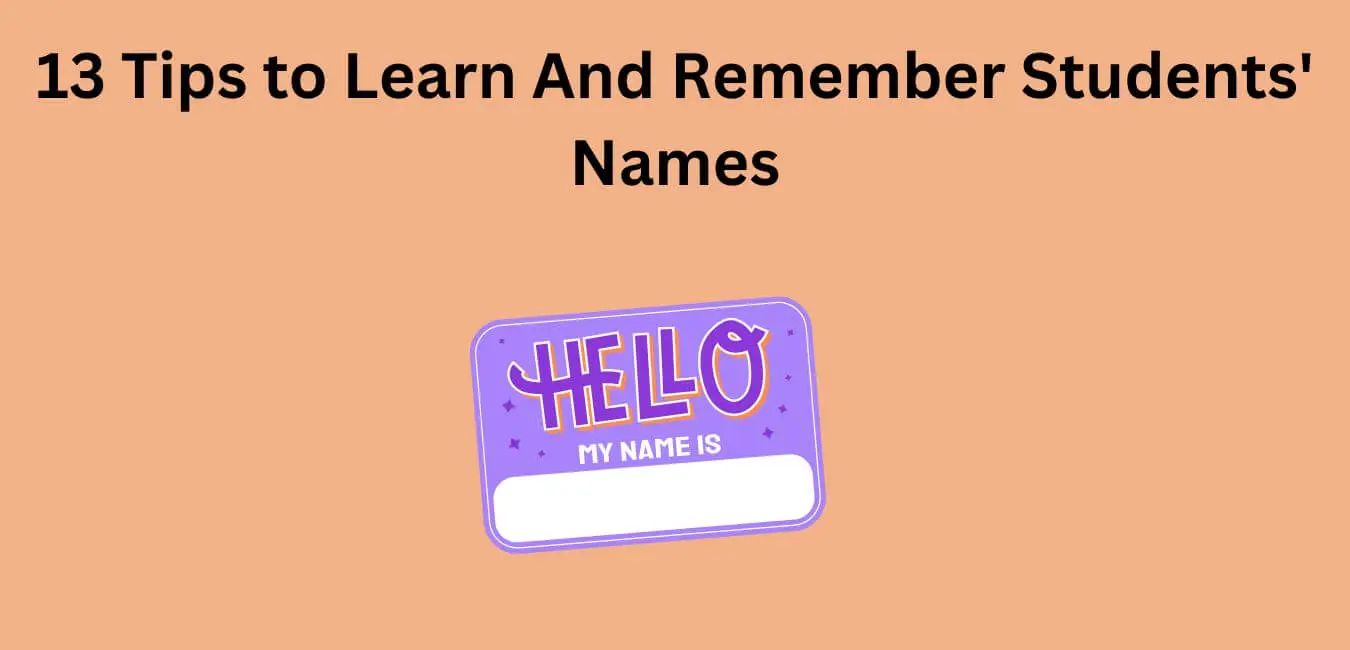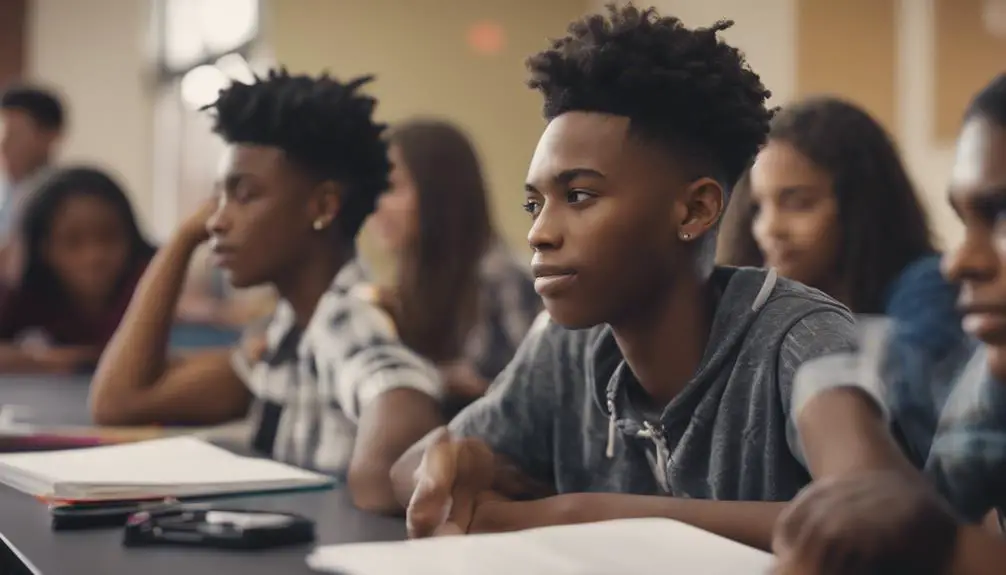We’ve all had students who seem to know everything. They answer every question with confidence, and they don’t need to study because they already know the material. It can be frustrating for both you and your other students when these kids are always right! But there are ways that you can help them feel like they still have something left to learn, even if it means learning about humility.
This blog post will give you some advice on how to handle these types of students in your classroom.
Why Are All-Knowing Students Difficult to Manage?
There are a number of reasons why all-knowing students can be difficult to manage in the classroom.
1. One of these is their potential to challenge authority. They want their opinions heard and will try to make sure they are. This isn’t always a bad thing; however, the teacher must be careful not to let the all-knowing student take control over the discourse of the class unit.
2. Another reason why all-knowing students can be difficult to manage is that they often have an answer to everything. They can be seen quickly dismissing any idea that they don’t agree with, and the teacher may feel like it’s impossible to gain their attention for more than a few seconds.
3. A third reason why all-knowing students are difficult to manage in the classroom is because of their potential to disrupt what would otherwise be an orderly environment. They may be fascinated by the topic and want to share their vast knowledge of it, or they might get bored easily and feel like schoolwork is beneath them.
Characteristics Of All-Knowing Students
All-knowing students don’t always make life easy for new and experienced teachers. For example, here are ten characteristics of all-knowing students:
1). They do not think they need to study or prepare for class.
2). When a teacher asks a question, an all-knowing student’s hands shoot up immediately, while everyone else is still trying to think of an answer.
3). They know the answer immediately, even if they haven’t done their homework or read the material like everyone else.
4). These students don’t bother waiting for permission to speak; they simply continue speaking every time someone else has stopped talking.
5). All-knowing students think they already know everything the teacher is teaching, so they don’t ask questions.
6). They tell their classmates what to do or how to answer a question, even though the teacher has not given them permission to speak.
7). It is very difficult for teachers because all-knowing students are convinced that after hearing one thing about a topic, they know it all.
8). They are very impatient during class, especially with their peers.
9). When teachers ask them to help teach the lesson or answer a question, these students become angry because they don’t want to reveal that they actually don’t know everything.
10). All-knowing students get frustrated very easily with their peers because they know everything.
This is what is difficult about all-knowing students. If you are a new or experienced teacher, then you can relate to some of these characteristics of all-knowing students. There are many more things that make it difficult to teach all-knowing students; this list of ten characteristics is just a taste.
How to Handle or Manage All-Knowing Students?
All-knowing students also referred to as know-it-alls or show-offs, can be difficult to manage in a classroom. They’re typically nonconformists, and sometimes they even have the potential to disrupt the entire classroom unit. In order for teachers to succeed with these troublesome learners, it’s important to remember that they exist, to understand the dynamics that all-knowing students present, and to know some strategies for handling them.
All-knowing students can be difficult to manage in the classroom.
If teachers know what to expect from these students and how best to handle them, they can be very rewarding and positive to teach. Here are 20 guidelines that can help teachers work with all-knowing students:
Be clear about the limits of your authority
These students will test you and try to see where they can go against what you say, make sure you’re firm and fair, and don’t let them push too much.
Don’t let the all-knowing student take control of the class
They want their opinion heard, but you’re in charge. This sometimes means stepping back and letting them do what they want to do or giving them an assignment that allows them to use their knowledge in a constructive way. It’s important to establish yourself as the authority figure early on.
Be aware that all-knowing students don’t always know what they’re talking about
While some of them may be true experts in a subject, others may simply be repeating something they overheard from someone else and actually have no clue what the topic is. Make sure to ask questions if you feel like you need more information.
Use their knowledge to your advantage
If the all-knowing student is willing to share their knowledge with other students, you can benefit. You might ask them for help when teaching a new topic, or you could assign each student in the class a task that requires them to use information from an all-knowing student’s area of knowledge.
Don’t get trapped in a never-ending debate
If the all-knowing student is interested in what you’re teaching, you’ll need to keep them from disrupting your entire class. This means avoiding a long conversation with a student that goes nowhere and instead shifting it back towards the topic at hand. You can also allow multiple all-knowing students to debate the topic in class so that it’s less oppressive on one student.
Give them their own time to share
If they’re allowed to speak up at times other than class discussion, you can avoid having an all-knowing student take control over the entire conversation. You might ask them questions or assign individual tasks for the student that allow them to share their knowledge.
Don’t let them take themselves too seriously
Sometimes all-knowing students want to be seen as high and mighty, so you’ll need to bring them down a few notches. This could be done by making a joke at the student’s expense or engaging in a conversation with them about things that don’t have anything to do with the lesson.
Give them a challenge
To keep all-knowing students from feeling bored or disengaged, you can offer them a challenge. This could be as simple as giving them an assignment that requires more effort than other students; it could also mean going over interesting facts about a topic and asking the student for an opinion.
Give them opportunities to lead
You can show all-knowing students that they are leaders by asking them simple questions about what, why, or how something happened. They’ll be more open to help if they feel like they have your trust and respect.
Don’t focus on weaknesses
Sometimes, all-knowing students get bored when they’re taught something that’s too easy. Instead of keeping the lesson focused on their weaknesses, try to change it so that there are more chances for them to succeed and feel good about themselves.
Structure your lessons around what interests them
If you can figure out what all-knowing students like and try to incorporate those things into the lesson, they’ll be more likely to get involved. For example, if they like science fiction movies, you might ask them to compare their favorite movie with a piece of literature; or you could let them present something to the class and talk about what interests them most.
Never underestimate an all-knowing student
There’s a chance that an all-knowing student is simply waiting for you to call on them. Sometimes, they intentionally don’t participate because they find the material boring or difficult to grasp; if they know that you won’t allow them time to speak unless they raise their hand first, this may be a tactic used by students who want to control the class.
Don’t take it personally
Some students don’t like participating because they’re shy, or because they find the topic as a whole to be boring. You need to remember that you’re providing an educational lesson; if your all-knowing student isn’t answering questions and seems uninterested, try not to read too much into their apathy.
Don’t be confrontational
If an all-knowing student knows more than you or has a better understanding of the material, it can be difficult to handle. You don’t want to become defensive and start an argument; instead, focus on building your knowledge base and allowing them to help others who may need assistance.
Don’t ignore them
When students have the chance to answer questions, you should always use their knowledge. Since an all-knowing student may be waiting for you to turn your attention towards them, it’s important that they feel like part of the class and not like a troublemaker.
Be confident and don’t back down
Keep in mind that you’re the teacher. If you let an all-knowing student walk all over you, they’ll take full advantage of your leniency and it will be challenging to ever regain control.
Show appreciation
If someone is volunteering their time to help or answering your questions, be sure to show that you appreciate what they’re doing by thanking them in front of the class. Make sure they know that you value their input and their contributions.
Don’t be embarrassed by your lack of knowledge
If you don’t know the answer to a question, admit it! There’s no need to fake an answer or deceive students with false facts; put yourself in the student’s shoes for a moment, and keep in mind that they’re going to respect you more if you don’t pretend that you know something that you actually don’t.
Don’t be afraid to ask for help
Sometimes, all-knowing students have an answer and won’t volunteer it because they feel like their response is too obvious or simple. If you can find a way so they realize that you don’t have the answer, they’ll be more likely to help you.
Help your all-knowing student feel valuable
If a student finds a way to contribute even when others aren’t addressing them, it builds their self-confidence and makes them feel valued. Try not to let other students take advantage of their knowledge or ignore that they exist, and try to include them in group activities if you can.
Keep them involved
Since all-knowing students tend to avoid class participation because they feel unimportant or uninteresting, it’s important that you do your best not to let this happen. Keep an eye on who responds to questions and who offers their help; students like these will often not volunteer for activities unless asked.
Don’t let an all-knowing student bully other
If a student is using their all-knowing stance to take advantage of other students, then it’s your responsibility as a teacher to put a stop to it immediately! The best way to handle this type of behavior is by being firm and enforcing consequences, so long as it remains within the realms of your school’s rules.
Be consistent
If you are going to have a rule for one all-knowing student while allowing other students to get away with things, then you’re only creating more tension. This is why it’s important that you enforce your rules evenly across the board and remain consistent.
Be open and friendly
While it’s important to be firm with all-knowing students, you must remain pleasant and positive. This is especially true if an all-knowing student does end up volunteering or answering a question; thanking them will encourage them to participate in the future.
Enforce consequences for their actions
While maintaining a positive and friendly atmosphere, you should still be prepared to enforce consequences if an all-knowing student becomes unruly or misbehaving. Luckily, most all-knowing students tend to avoid this type of behavior because they want to help and not upset anyone; this is why it’s important that you keep your eye out for those who might cross the line.
Be fair and unbiased
This is perhaps the most important guideline you can follow since all-knowing students tend to be self-conscious and will take unfair treatment very personally. If one student didn’t know an answer and another did, don’t just explain it to the first without giving a chance for the other to respond.
Be open and clear
If you’re going to explain something, don’t leave out information and assume that your students will understand the full picture. All-knowing students will probably not ask questions because they feel like it’s obvious or unimportant, but in reality, they just don’t know what you’re talking about. This is why it’s important to be held accountable for your words.
Don’t try to compete with them
By this, we mean don’t expect yourself to go head-to-head in a knowledge competition with an all-knowing student. They’re there to learn too, and you shouldn’t assume that they know more than you simply because you’re the teacher.
Collaborate with them
Since an all-knowing student might not ask questions or volunteer information, it’s important that you give them a chance to work on their own and come up with ideas independently. When they feel like they had a role in working out the problem, they’ll be more likely to communicate it properly.
Keep your cool
If an all-knowing student does happen to say something out of line, don’t be afraid to tell them. They might not have realized that their words were hurtful or offensive because they’re so used to being the “smart” one that they’ve forgotten how it feels. Keep your composure.
Be clear and concise
All-knowing students often get excited and can come off as overbearing. If you’re trying to explain something, use simple words and don’t go into too many details that might confuse or overwhelm them.
Be encouraging and positive
An all-knowing student will more than likely try their best, so it’s important to recognize their efforts and give positive feedback whenever it’s due. This will encourage them to keep doing what they’re doing, which is helpful for both you and your class.
Don’t expect perfection
All-knowing students are human, so being understanding mistakes is important since nobody’s perfect! Just ensure that they are actually trying their best before you decide to be lenient with them.
Be prepared
Above all, remain flexible and understanding; don’t expect an all-knowing student to act in any one particular way. Part of the reason they’re this way is that they want to help, which means that you’ll need to adjust your teaching style if you want the best results.
Be supportive every step of the way
As long as an all-knowing student is trying their best and acting in a helpful manner, stick by them. When they come to you for help, don’t brush them off because they are less likely to ask questions if you don’t encourage them.
Want to find out how to get your students to stop talking and listen to you, check out this article.
Final Thoughts
All-knowing students are a blessing and a curse. They’re quick to know the answer, but they may not always volunteer it. It’s important that you have patience with these special learners because of their unique traits. If you can be understanding and flexible when teaching them, then your classroom will run more smoothly without any setbacks from all-knowing students. Most importantly, never underestimate an all-knowing student! Want more on classroom management, check our blog here.

